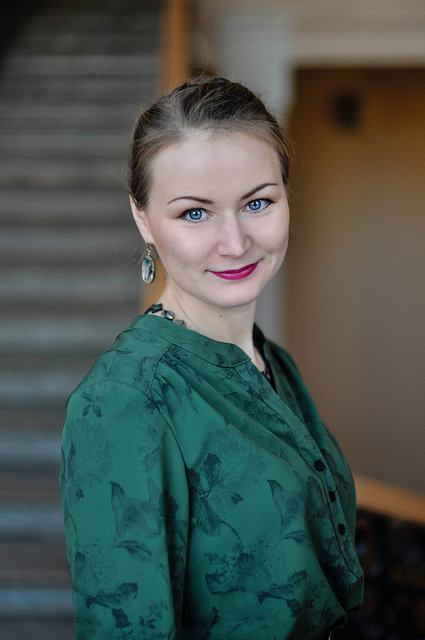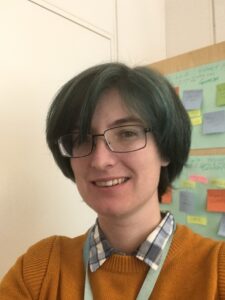On the country homepage, you can read the profile chapters, find sources and links and quick facts and download PDF’s.
EXPERT AUTHOR
RUSSIA
The Russian profile was first prepared by Kirill Razlogov. The profile was updated by Tatiana Fedorova from 2001-2009 and by Tatiana Fedorova and Nina Kochelyaeva from 2010-2013.
Tatiana Romashko

Tatiana Romashko (Doc.Soc.Sci) is a grant researcher at the Department of Social Sciences and Philosophy, University of Jyväskylä, Finland. She is currently part of the team project ‘Russian World’ Next Door: Discourses of Russian Political Communication and Cultural Diplomacy in Finland, led by Dr. Vera Zvereva at the University of Jyväskylä and funded by the Kone Foundation (2022–2026). Her contribution focuses on the remnants of Russia’s diplomatic presence in Finland, such as the Russian House in Helsinki and its affiliated organisations. The research investigates how Russia’s “goodwill ambassadors” promote state-sponsored education to foreign audiences and support compatriot networks, primarily targeting Russian-speaking children and pensioners in Finland, while also advancing narratives that may act as soft provocations toward Finland and its NATO allies.
Tatiana earned her PhD from the University of Jyväskylä in 2024. Her PhD thesis Development of Contemporary Russian Cultural Policy: from Liberal Decentralization towards Conservative Cultural Hegemony examined post-2012 Russian cultural policy, explaining its transformation into a tool for advancing Vladimir Putin’s political agenda. Specifically, using the tools of discourse analysis, she analysed the legal and political shifts that enabled a conservative turn, such as myths of Russian cultural superiority, fostering a new set of power relations and leadership in the cultural field subordinate to Russia’s geo-political ambitions.
In 2017, Tatiana moved to Finland to take up a teaching position in the master’s programme in Cultural Policy at the University of Jyväskylä, following seven years as a senior lecturer at various universities in Saint Petersburg, Russia. She currently teaches authored courses at Tampere University, the University of Helsinki, and the University of Jyväskylä, supported by the national multidisciplinary study programme Expertise in Russian and Eastern European Studies (ExpREES).
Romashko’s research interests include Russian politics, cultural policy, hybrid warfare, para-diplomacy, and governmentality. Over the past six years, she has been a grantee of the Kone Foundation (Koneen Säätiö).
Some of her research findings are presented in recent journal articles and other publications.
For more information, please visit: https://www.jyu.fi/en/people/tatiana-romashko
Olga Zabalueva

Olga Zabalueva is an associate professor in Museology at Department of Culture and Media Studies, Umeå university, Sweden, and teaches in Branch Programme for Museums and Heritage Studies.
Olga has an MA in Museology from the Russian State University for the Humanities, Moscow and an MA in Applied Cultural Analysis from Lund University, Sweden. As a museum professional she has more than 10 years of working experience in different cultural institutions in Moscow and in Sweden at research and collection departments.
Olga did her PhD in Culture and Society at Linköping university, Sweden, in 2023 with the focus on the use of politics in the process of museum making (and unmaking); framing of “difficult issues” which cultural institutions are dealing with in both the global and the Swedish museum context; and constituting socially relevant and sustainable museum practices based on agonistic memory framework and museum activism. Olga’s research focuses on the uses (and abuses) of heritage, museum politics, cultural memory, museum activism and finding cross-sections in-between these areas. She has a specific interest for memory, politics, and heritage in the post-Soviet space; decolonial museology; the working conditions of museum professionals, and, as of recently, the relation between new materialisms and digital realm in museum collections.
Olga is a member of International Council of Museums (ICOM) and Memory Studies Association (MSA).
